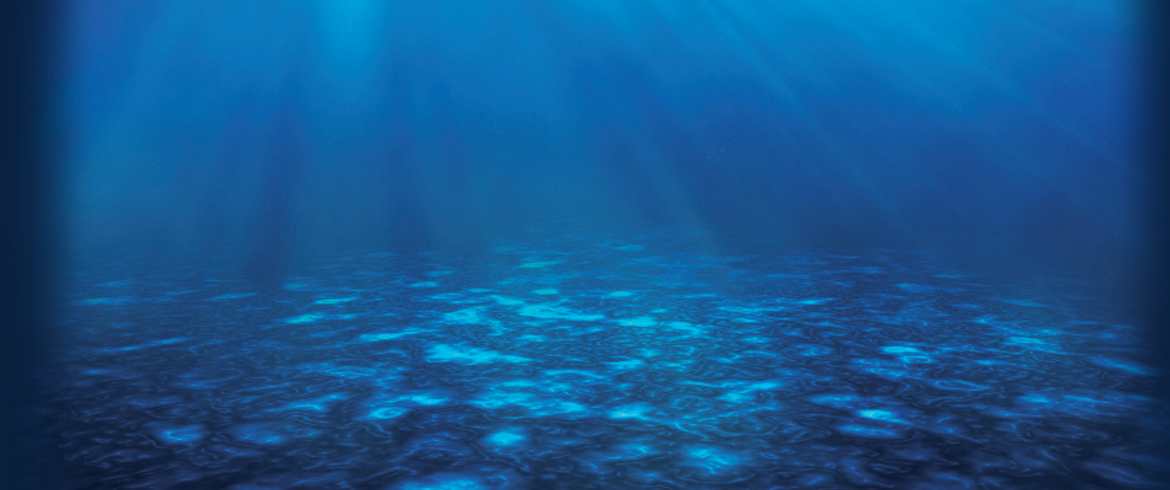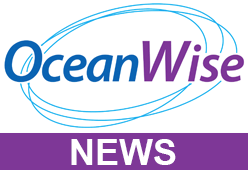A summary of Phase 4 of the Federated Marine Spatial Data Infrastructure (MSDI) Pilot
The Federated Marine Spatial Data Infrastructure Pilot is an Open Geospatial Consortium (OGC) Innovation Programme initiative that aims to enhance the understanding and uptake of MSDI and demonstrate the power of Findable, Accessible, Interoperable, Reusable (FAIR) data in the context of the marine environment. These aims parallel MEDIN’s aims but with a focus on marine geospatial data standards and technologies.
Phase 4: Connecting Land and Sea for Global Awareness’
The latest phase of the pilot (Phase 4) entitled ‘Connecting Land and Sea for Global Awareness’ is being sponsored by the Maritime Port Authority of Singapore (MPA), the US National Oceanic and Atmospheric Administration (NOAA), the Canadian Hydrographic Service (CHS) and the UK Hydrographic Office (UKHO) and involves participants including MEDIN and OceanWise Ltd.
Phase 4 aims to build on the success of the first three phases – an initial MSDI Concept Development Study, the individually themed Maritime Limits and Boundaries (MLB) Pilot, and the development of a more generic Arctic Spatial Data Pilot– and comprises three areas of interest (selected by the sponsors) with common threads (Figure1).

Figure 1 – Technical Architecture of the FMSDI Pilot
As with similar OGC initiatives, the pilot aims to establish interoperability through the application of state-of-the-art concepts and technologies in the form of an engineering report and several scenario-based demonstrators (and use cases) from global community experts showcasing how using OGC, IHO, and other open standards can enable the marine and maritime communities to find, obtain, use, share, interoperate, and re-use data.
One such technology is the OceanWise’s Marine Themes dataset which utilises source data from responsible authorities and unencrypted navigational data from hydrographic offices. Marine Themes, already available and used widely across the regulatory and energy sectors in the UK, NW Europe, and the Middle East (Figure 2), will be created for selected Caribbean Islands, thus testing the accessibility and efficacy of the required data inputs for use in various scenarios and the ease by which Marine Themes can be mapped onto International Hydrographic Organisation (IHO) S-100 based specifications, such as the MLB specification (S-121). Demonstrators will be prepared and hopefully made available publicly, each one focused on a particular scenario, such as renewable energy development, human health, and emergency planning and response.

Figure 2 – Examples screenshots of OceanWises’ Marine Themes
The various data inputs – and therefore Marine Themes – will be tested for land-sea interoperability and the sources assessed against the Integrated Geospatial Information Framework Marine Maturity Index (IGIF-M) and Operational Framework (IGIF-H) recently published by the UN Committee of Experts on Global Geographic Information Management (UN-GGIM). It is hoped the pilot will lever the IGIF and promote the benefits of FAIR principles, with the aim of improving how datasets are managed and shared by data holders. Outputs from the pilot will include lessons learned and identified gaps to inform the development of relevant OGC and IHO standards.
Written by Mike Osborne, CFO and co-founder of OceanWise Ltd
Back to News





